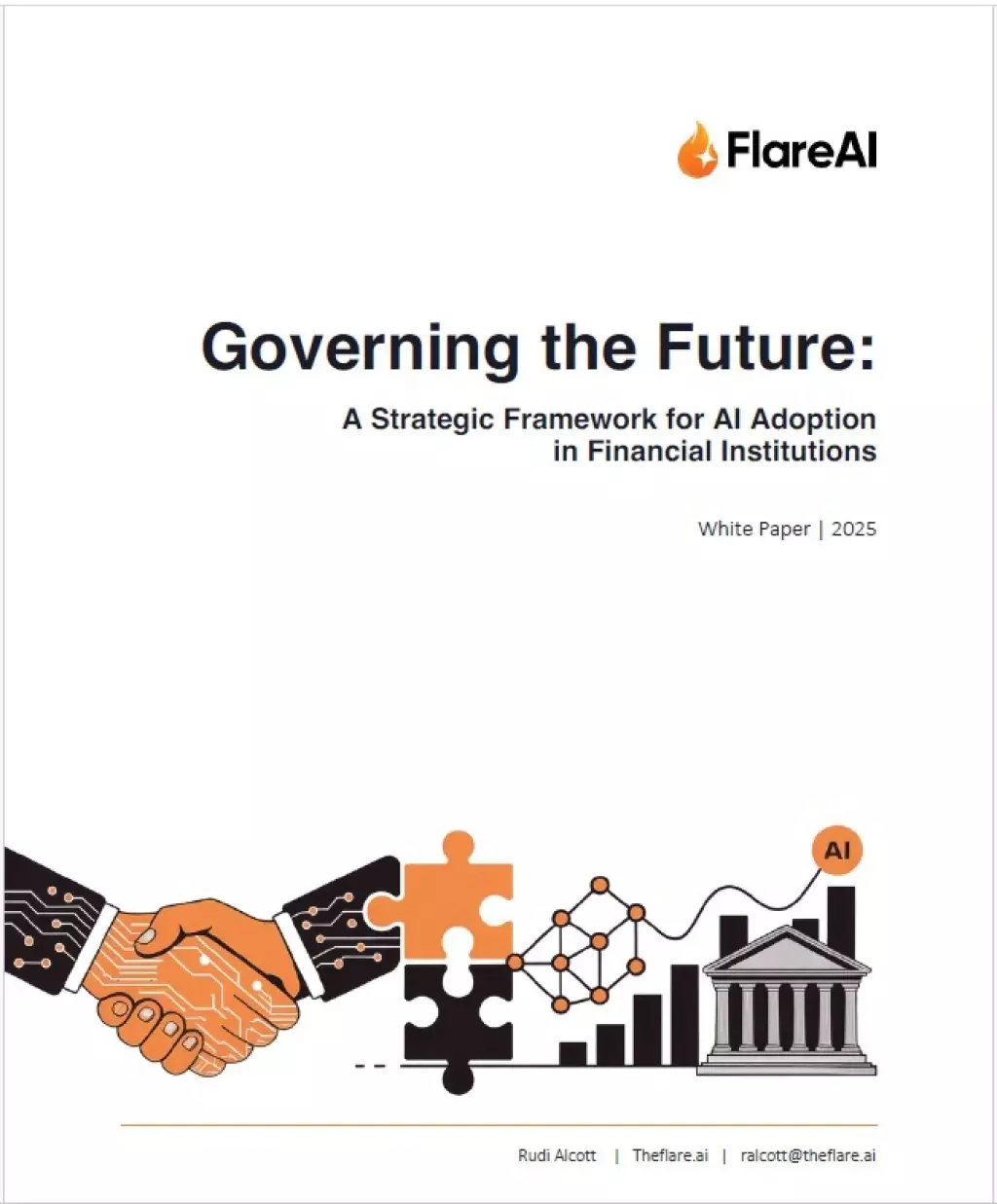Ultra Ethernet Consortium Releases Specification 1.0 for AI and HPC
The Ultra Ethernet Consortium has announced the release of UEC Specification 1.0, a new Ethernet-based communication stack engineered to meet the needs of modern Artificial Intelligence (AI) and High-Performance Computing (HPC) workloads. Announced in a press release, this specification aims to redefine Ethernet for next-generation, data-intensive infrastructure.
UEC Specification 1.0 offers a high-performance, scalable, and interoperable solution across all layers of the networking stack, including NICs, switches, optics, and cables. This enables seamless multi-vendor integration and accelerates innovation throughout the ecosystem. The specification promotes open, interoperable standards to prevent vendor lock-in, with active implementations and compliance programs already underway.
The specification supports modern RDMA for Ethernet and IP, providing intelligent, low-latency transport for high-throughput environments. It also offers end-to-end scalability, from routing and provisioning to operations and testing, scaling to millions of endpoints. Built on the globally adopted Ethernet standard, UEC 1.0 simplifies deployment across the full technology stack, making it valuable to cloud infrastructure operators, hyperscalers, DevOps teams, and AI engineering leads seeking low-friction adoption paths.
We hope you enjoyed this article.
Consider subscribing to one of our newsletters like Silicon Brief or Daily AI Brief.
Also, consider following us on social media:
More from: Data Centers
Subscribe to Silicon Brief
Weekly coverage of AI hardware developments including chips, GPUs, cloud platforms, and data center technology.
Whitepaper
Governing the Future: A Strategic Framework for AI Adoption in Financial Institutions
This whitepaper explores the transformative impact of artificial intelligence on the financial industry, focusing on the governance challenges and regulatory demands faced by banks. It provides a strategic framework for AI adoption, emphasizing the importance of a unified AI approach to streamline compliance and reduce operational costs. The document offers actionable insights and expert recommendations for banks with fewer than 2,000 employees to become leaders in compliant, customer-centric AI.
Read more
